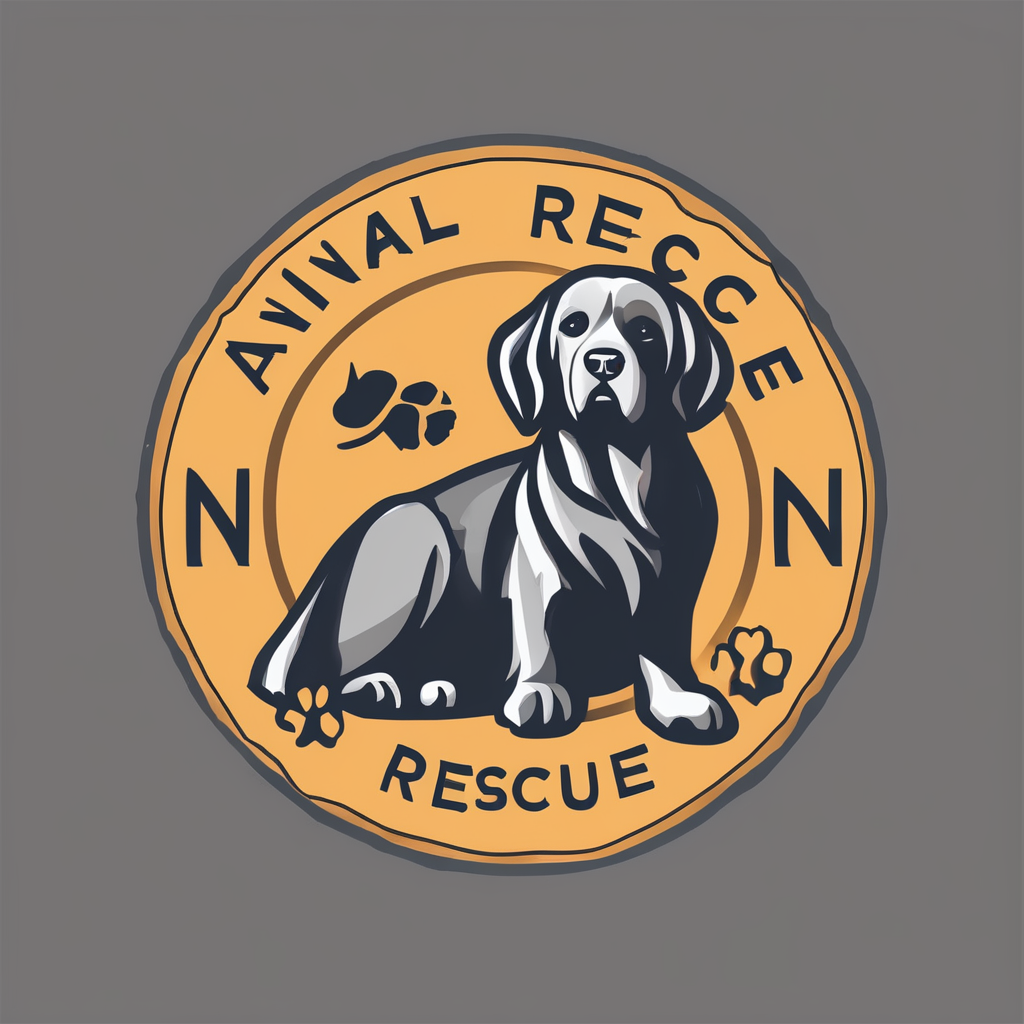Proven Gentle Strategies to Reduce Your Pomeranian’s Barking When Guests Arrive
If you’re a Pomeranian owner, you’re likely familiar with the enthusiastic barking that can ensue when guests arrive at your house. While it’s natural for your dog to be protective and excited, excessive barking can be stressful for both you and your visitors. Here’s a comprehensive guide on how to gently and effectively reduce your Pomeranian’s barking when guests arrive.
Understanding Why Your Pomeranian Barks
Before diving into the solutions, it’s crucial to understand why your Pomeranian might be barking in the first place. Here are some common reasons:
Also to read : How can I encourage my dog to be more independent and less reliant on me for comfort?
Territorial Protection
Pomeranians, like many other breeds, have a strong instinct to protect their territory and family. When guests arrive, your dog may see them as potential threats and bark to alert you or to defend their space[1].
Separation Anxiety
Separation anxiety can also trigger barking, especially if your dog feels anxious when you’re about to leave or when new people enter the house. This anxiety can manifest as barking, destructive behavior, or other signs of distress[1].
Also to see : Ultimate guide to applying topical flea treatments on your shetland sheepdog: a step-by-step approach for effective protection
Lack of Socialization
If your Pomeranian is not well-socialized, they may bark at new people or pets due to fear or uncertainty. Proper socialization from an early age can significantly reduce this type of barking[3].
Excitement and Playfulness
Pomeranians are known for their playful nature, and they might bark simply because they’re excited to see new people or pets. This barking is often a sign of enthusiasm rather than aggression[1].
Training Your Pomeranian to Stop Barking
Training is a key component in reducing your Pomeranian’s barking. Here are some gentle and effective training strategies:
Positive Reinforcement
Positive reinforcement is a powerful tool in dog training. When your Pomeranian stops barking, reward them with treats, praise, or playtime. This positive association will help your dog understand that quiet behavior is preferred.
- Use treats: Small, tasty treats can be very effective rewards.
- Praise calmly: Speak in a calm, gentle voice to reassure your dog.
- Playtime: Engage in a fun activity to distract your dog from barking.
“Quiet” Command
Teaching your Pomeranian a “quiet” command can be very useful. Here’s how you can do it:
- Start by getting your dog’s attention with a treat.
- When they stop barking, say "quiet" and give them the treat.
- Repeat this process until your dog learns the command.
- Gradually increase the time your dog needs to remain quiet before rewarding them.
Desensitization and Counterconditioning
Desensitization involves exposing your dog to the stimuli that trigger barking (in this case, guests arriving) at a low level, then gradually increasing the intensity while rewarding calm behavior. Counterconditioning involves associating the arrival of guests with positive experiences.
- Start by having a friend or family member approach the house from a distance.
- Reward your dog for remaining calm.
- Gradually increase the proximity of the guest while continuing to reward calm behavior.
- Over time, your dog will learn to associate the arrival of guests with positive outcomes.
Creating a Calm Environment
A calm environment can significantly reduce your Pomeranian’s barking. Here are some tips to create a more serene atmosphere:
Establish a Routine
Dogs thrive on routine, so establishing a clear daily schedule can help reduce anxiety and barking.
- Set regular times for feeding, walks, and play.
- Ensure your dog has enough mental and physical stimulation throughout the day.
Prepare Your Dog for Guests
Before guests arrive, prepare your dog by engaging them in a calming activity or providing a puzzle toy filled with treats. This can help distract them from the noise and commotion.
- Use puzzle toys: Fill puzzle toys with treats to keep your dog occupied.
- Calming activities: Engage your dog in a relaxing activity like a short walk or some quiet play.
Manage Guest Arrivals
When guests arrive, manage the situation to minimize your dog’s stress and barking.
- Greet guests calmly: Avoid making a big fuss when guests arrive, as this can excite your dog.
- Keep your dog away: Initially keep your dog in a separate room or area until they calm down.
- Introduce gradually: Introduce your dog to the guests gradually, allowing them to become comfortable with the new people.
Socialization and Exposure
Socialization is critical for reducing barking caused by fear or uncertainty. Here’s how you can socialize your Pomeranian:
Socialization at Home
Invite trusted family members and friends over to interact with your dog in a controlled environment.
- Invite friends: Have friends visit your home regularly to interact with your dog.
- Positive interactions: Ensure all interactions are positive and rewarding for your dog.
Socialization on Walks
Socialization on walks can help your dog become more confident around new people and pets.
- Meet new people: Introduce your dog to new people on walks, starting from a distance and gradually increasing proximity.
- Interact with other pets: Allow your dog to interact with other friendly dogs and pets under controlled circumstances.
Health Issues and Barking
Sometimes, barking can be a sign of underlying health issues. Here are some common health issues that might contribute to barking:
| Health Issue | Symptoms | Prevention/Management |
|---|---|---|
| Separation Anxiety | Excessive barking, destructive behavior | Provide mental stimulation, use puzzle toys, gradual separation training[1] |
| Digestive Issues | Barking due to discomfort or pain | Feed small, frequent meals, avoid low-quality foods, monitor for signs of illness[1] |
| Low Blood Sugar | Barking due to hypoglycemia | Feed nutrient-rich kibble, add Karo syrup to meals, monitor blood sugar levels[1] |
| Anxiety and Stress | Barking due to anxiety or stress | Create a calm environment, use positive reinforcement, desensitize to triggers[3] |
Practical Insights and Actionable Advice
Here are some practical tips and advice to help you reduce your Pomeranian’s barking when guests arrive:
Be Consistent
Consistency is key in dog training. Ensure all family members are using the same commands and rewards to avoid confusing your dog.
Stay Calm
Dogs pick up on their owner’s emotions, so it’s crucial to stay calm when guests arrive. Avoid showing anxiety or excitement, as this can exacerbate your dog’s barking.
Use Positive Reinforcement
Positive reinforcement is a powerful tool. Reward your dog for calm behavior, and they will learn to associate quietness with positive outcomes.
Consult Professionals
If your dog’s barking persists and is causing significant stress, consider consulting a professional dog trainer or behaviorist. They can provide personalized advice and help you address underlying issues.
Reducing your Pomeranian’s barking when guests arrive requires patience, consistency, and the right training strategies. By understanding the reasons behind the barking, using positive reinforcement, creating a calm environment, and ensuring proper socialization, you can help your dog feel more secure and reduce excessive barking.
As Robert Haussmann, a dog trainer, advises, “Dogs thrive on regular schedules, so make sure to stay consistent with training and slowly expose your dog to new people, animals, and situations”[2].
By following these gentle and effective strategies, you can create a more harmonious home environment where both your dog and your guests feel welcome and comfortable. Remember, every small step towards training and socialization can make a significant difference in your dog’s behavior over time.





